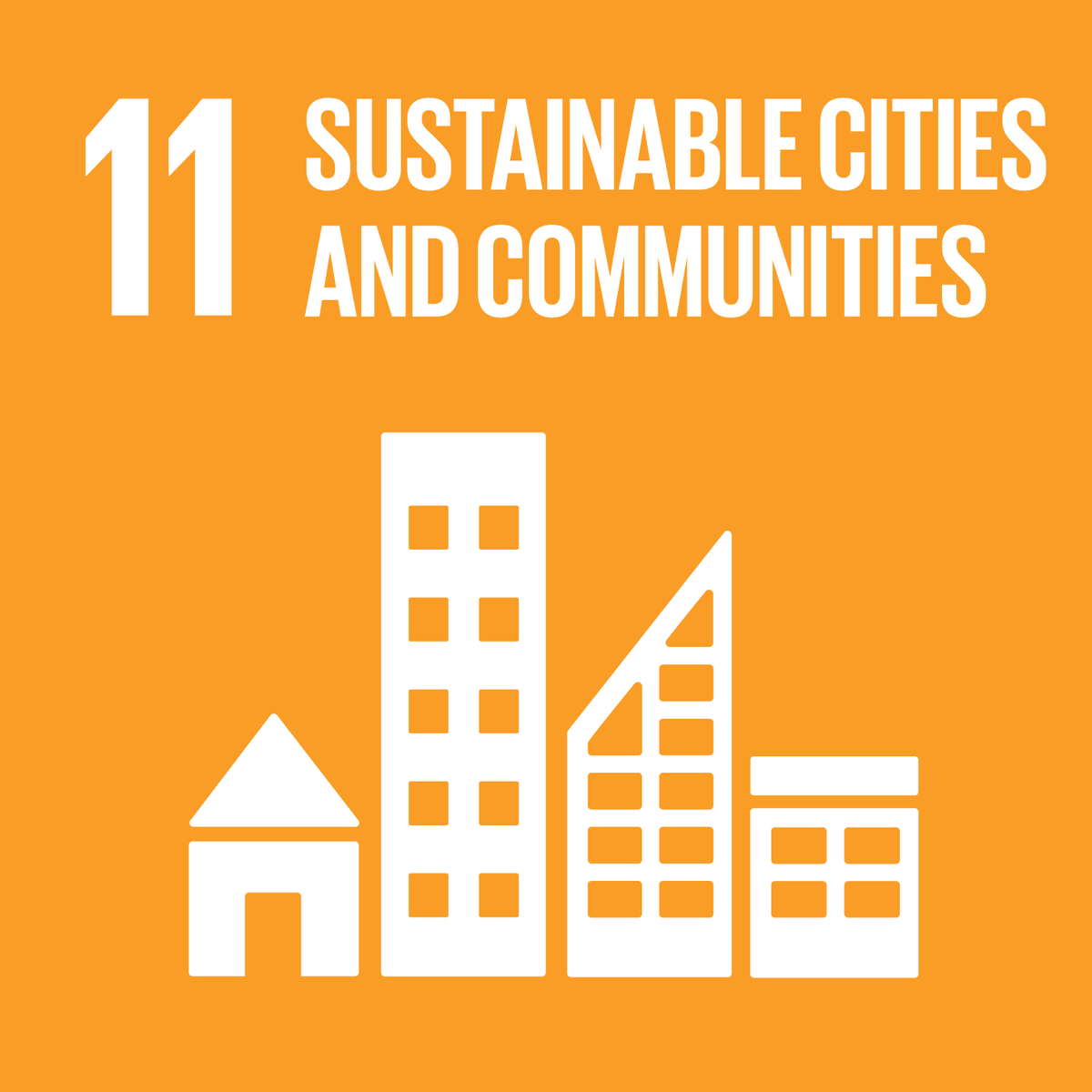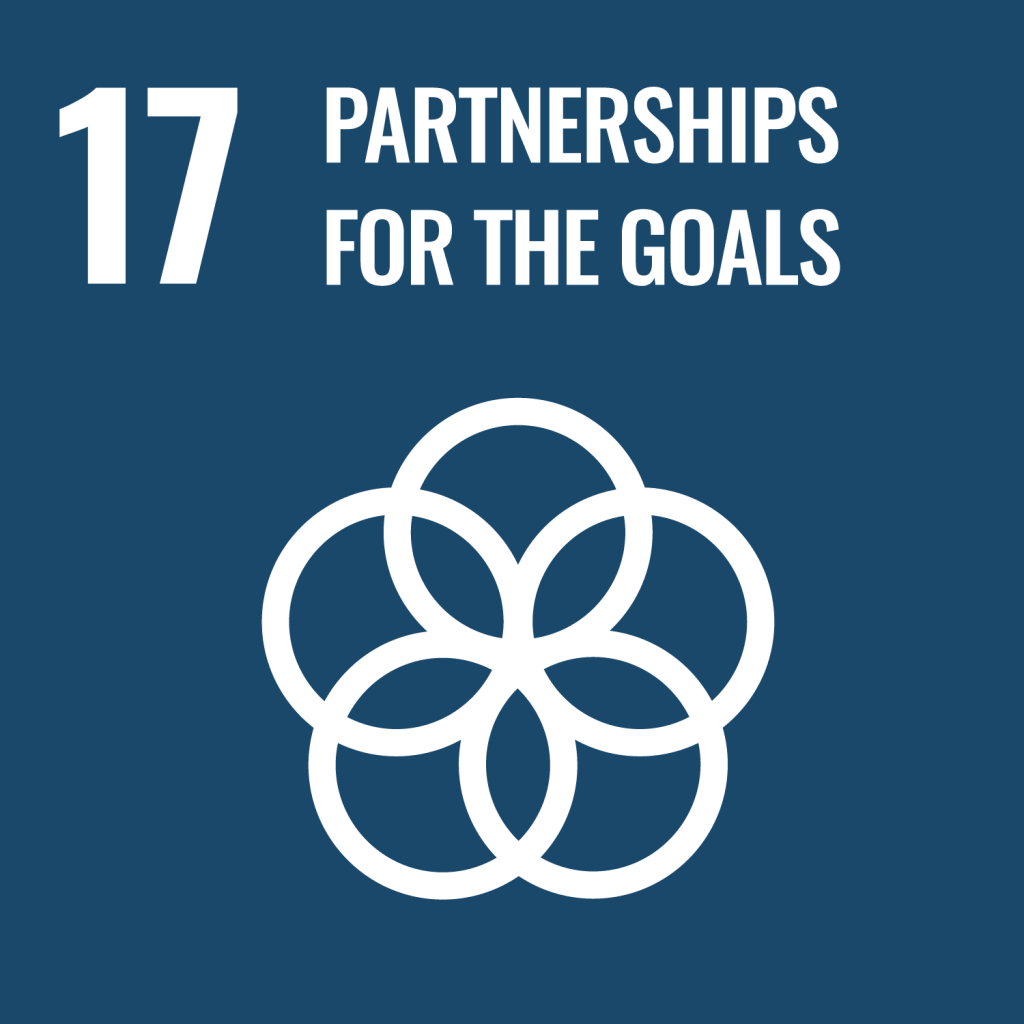CoNGO’s Pivotal Role Connecting NGOs to the UN System Highlighted at 75th Anniversary Event in Vienna
![]()
{Photo from left to right: Cyril Ritchie (CoNGO First Vice President), Regina Wialla-Zimm (International Relations Officer, Chief Executive Office for International Relations, City of Vienna), Shams Asadi (Human Rights Commissioner, City of Vienna), Nikhil Seth (Executive Director, UNITAR), Liberato Bautista (CoNGO President), Martina Gredler (CoNGO Second Vice President), Omar Al-Rawi (Member of Vienna City Council and Provincial Parliament), Manfred Nowak (Secretary General, Global Campus of Human Rights, Venice), and Helga Konrad (Former Austrian Federal Minister of Women’s Affairs}
Vienna, Austria I 8 May 2023 (CoNGO InfoNews) — The Conference of NGOs in Consultative Relationship with the United Nations CoNGO celebrated its 75th anniversary with a global commemorative event at the United Nations Office at Vienna (UNOV) on April 28, 2023. Founded in 1948, just three years after the establishment of the United Nations itself, CoNGO has played a pivotal role in connecting non-governmental organizations (NGOs) with the UN system to address a wide array of global challenges.
CoNGO stands out among NGO networks for its unique relationship with the entire UN System, encompassing approximately 50 entities, commissions, agencies, institutes, and other bodies dealing with various aspects of human life and endeavor. These include human rights, maritime safety, meteorology, refugee protection, telecommunications, democracy promotion, disaster prevention and relief, the rule of law, and more.
The organization’s core mission is to facilitate and encourage member governments of the UN to engage openly and inclusively with NGOs in the planning and decision-making processes of intergovernmental debates. NGOs bring their professional expertise, grassroots experiences, detailed knowledge of community needs, and innovative thinking to the UN. Throughout its history, CoNGO has tirelessly worked to emphasize the shared values between the UN and the NGO world, advocating for integrating competent NGO inputs into the UN System.
In its 75th anniversary year, CoNGO organized commemorative events across various UN centers and hosted six global thematic webinars. The first celebration began in Vienna in collaboration with the United Nations Office at Vienna (UNOV) and the City of Vienna. The event featured formal statements, presentations, musical performances, and a reception courtesy of the City of Vienna. Distinguished guests included high-ranking UN and Austrian government officials, representatives from the City and the federal province of Vienna, and NGO leaders from around the world. Please take a look at the concept note for the entire program and the list of guests.
Ambassador Peter Launsky-Tieffenthal, Secretary-General of the Foreign Ministry of Austria, sent a video greeting, extending his warm regards to CoNGO on this significant occasion. In his message, he expressed, “Your strong commitment and active engagement are invaluable in addressing the pressing issues of our times, such as implementing the Agenda 2030 and the SGDs. In its 75 years of existence, CoNGO has established itself as an essential partner for multilateralism. We would like to congratulate you on this outstanding achievement.”
Th Director General of UNOV and Executive Director of the United Nations Office on Drugs and Crime, Mrs. Ghada Fathi Waly, welcomed the participants, with a core message that “NGOs are an essential voice for the most vulnerable and a valuable partner of [UNODC] work.” CoNGO is “optimally equipped to lead the way and build bridges between various global stakeholders,” she said. Greetings and best wishes were also extended by the Ambassador of Israel to Austria and International Organizations in Vienna, Mr. Mordechai Rodgold.
During his reflections on the occasion, Nikhil Seth, UN Assistant Secretary-General and Executive Director of the UN Institute for Training and Research (UNITAR), emphasized the crucial role CoNGO plays in fostering a new era of multilateralism, stating, “Civil society, academia, and business are leading the charge toward a new multilateralism where young people, enlightened business, and academia cooperate across borders like never before. New coalitions for change are transcending the purely intergovernmental nature of multilateralism. CoNGO must lead the way in empowering these coalitions.” He insisted, “Your special status positions you to do just that. You are close to the grassroots and pivotal to the interface with global and regional processes.” Read Full Speech
Helga Konrad, Former Austrian Federal Minister of Women’s Affairs and Executive Director of the Anti-Trafficking Institute for the Danube Region and Central Europe, stressed the significance of NGOs in confronting the world’s most critical problems: “CoNGO’s motto, ‘Defining the Present, Shaping the Future, Making the Change Now,’ underscores our collective responsibility for the world’s present and future. NGOs play a vital role in addressing social, economic, environmental, and gender issues.” Read Full Speech
Manfred Nowak, Secretary-General of the Global Campus of Human Rights in Venice and Professor of International Human Rights at Vienna University, acknowledged CoNGO’s pivotal contribution in opening doors for NGOs to access UN bodies: “As the umbrella organization of hundreds of NGOs, the Conference of Non-Governmental Organizations in Consultative Relationship with the United Nations (CoNGO), founded in the year of the adoption of the Universal Declaration, played a pivotal role in coordinating civil society and providing NGOs with physical and political access to the Commission and other UN bodies, such as the Commission on the Status of Women.” Read Full Speech
Nowak recalled how, in collaboration with CoNGO, the Ludwig Boltzmann Institute of Human Rights in Vienna and the International Service of Human Rights, he organized an NGO Forum with more than 3,000 NGO participants and a program of more than 400 parallel workshops and seminars, with Nowak serving as the main NGO spokesperson.
CoNGO President Bautista’s address further highlighted the imperative for ongoing improvements in access while expressing gratitude for global leaders actively working to facilitate such access: “Access to the premises and promises of the UN must be a fundamental element of Multilateralism 2.0. This entails not a mere reboot of the existing multilateral framework but a comprehensive reimagining and rewiring, integrating the NGO network within the architecture rather than leaving it external.
“It is with deep honor and pleasure that I convey CoNGO’s profound gratitude, on behalf of its leadership and global membership, to those individuals within multilateral institutions, particularly those here in Vienna, who have consistently provided platforms for our members and the broader civil society to voice their perspectives and exert their influence within the UNOV’s premises and the promises it represents.” Read Full Speech
As CoNGO enters its 75th year, it continues strengthening its commitment to fostering collaboration between NGOs and the United Nations, advocating for a more inclusive and cooperative approach to addressing the world’s most pressing challenges.
Information on all the Anniversary Commemorative events and the six Anniversary Global Thematic Webinars is available on CoNGO’s website.







